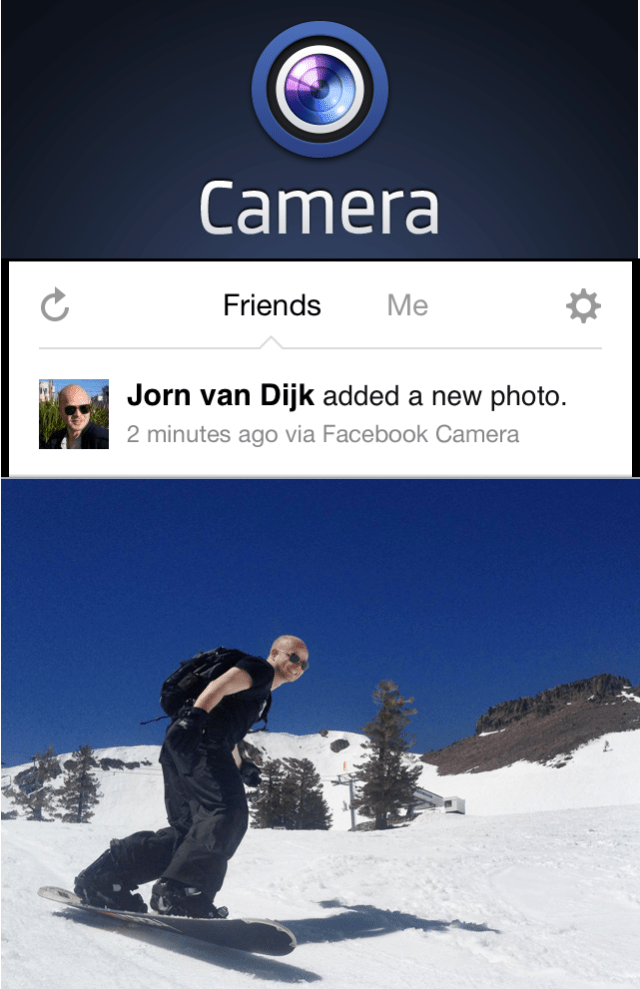Nov. 21, 2011: Microsoft founder Bill Gates arrives at the Frank E. Moss federal courthouse in Salt Lake City to testify in a $1B antitrust lawsuit brought by Novell Inc. Gates, wearing a gray suit and a yellow tie, was the first witness as Microsoft lawyers presented their case in a trial that's been ongoing for about a month.
SALT LAKE CITY –
Billionaire Bill Gates envisioned a computer in every home in America, and he wanted to be the one who put them there, the Microsoft Corp. co-founder testified Monday in a $1 billion antitrust lawsuit filed against the software maker by the creator of then-rival WordPerfect.
Gates took the witness stand in a case that accuses Microsoft of duping its competitor prior to the rollout of Windows 95. He began his testimony with a history of Microsoft and was expected to remain on the stand throughout the day.
Gates said he was just 19 when he helped found the software giant.
"We thought everybody would have a personal computer on every desk and in every home," he said. "We wanted to be there and be the first."
Gates, wearing a gray suit and a yellow tie, was the first witness to testify Monday as Microsoft lawyers presented their case in the trial that's been ongoing in federal court in Salt Lake City for about a month.
Utah-based Novell Inc. sued Microsoft in 2004, claiming the Redmond, Wash., company violated U.S. antitrust laws through its arrangements with other computer makers when it launched Windows 95. Novell says it was later forced to sell WordPerfect for a $1.2 billion loss. Corel now owns it.
The company argues that Gates ordered company engineers to reject WordPerfect as a Windows 95 word processing application because he feared it was too good. WordPerfect once had nearly 50 percent of the market for computer writing programs, but its share quickly plummeted to less than 10 percent as Microsoft's own office programs took hold.
Novell attorney Jeff Johnson has conceded that Microsoft was under no legal obligation to provide advance access to the Windows 95 operating system so Novell could prepare a compatible WordPerfect version.
Microsoft, however, enticed Novell to work on a version, only to withdraw support months before Windows 95 hit the market, he said.
Microsoft lawyer David Tulchin said Gates decided against installing WordPerfect because it threatened to crash Windows and couldn't be fixed in time for the rollout. He argued that Novell's missed opportunity was its own fault, and that Microsoft had no obligation to give a competitor a leg up.
"Novell never complained to Microsoft," Tulchin said during arguments Friday. "There's nothing in the evidence, no documents."
Johnson maintains Novell was tricked in violation of federal antitrust laws so Microsoft could monopolize the market.
"We got stabbed in the back," he said.
Microsoft is seeking a dismissal, calling the claims groundless.
Throughout arguments Friday, U.S. District Judge Frederick Motz openly expressed doubts that Novell's claims had merit.
"I don't see why I have to give a product to a competitor so he can beat me," Motz told Novell attorneys.









0 comments:
Post a Comment